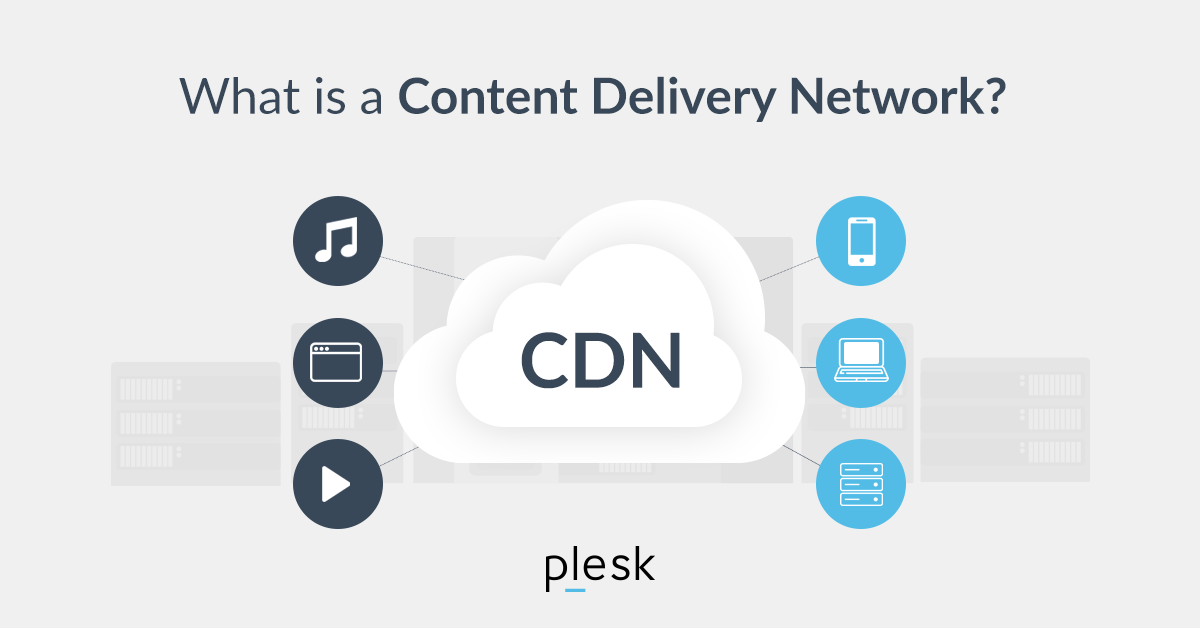
What’s the difference between a CDN and a web host?
● A company providing mobile apps cuts load times and improves response times with a CDN. That delivers a stronger user experience overall.● Conventional web hosting can involve various problems, such as security threats, limited bandwidth, and service outages. However, CDNs use content caching on edge servers to get around these issues.The variety of content served by CDNs encompasses mobile apps, websites, downloadable items, and media streaming (e.g. films). CDNs may also be used by search engines and social media platforms.● Web hosts are responsible for hosting sites, whereas CDNs cache content at the network edge to boost performance rather than hosting it. The majority of sites that experience performance difficulties will use a CDN to deliver a better experience.● With web hosting, providers offer access to one server that deals with delivery requests, hostname resolution, and more. CNDs, though, rely on connected servers distributed worldwide, which cuts website response times by serving data from the nearest edge site to the user.
What are the main functions of a CDN?
● While web hosts serve every form of content, only static data is served and hosted by CDNs. That reduces CDNs’ workloads and enables them to focus on edge delivery.A Content Delivery Network’s primary purpose is delivering content via a group of connected servers as efficiently and securely as possible. CDNs offer improved performance, availability, and security. Furthermore, companies may use CDNs for gathering user analytics and traffic data.Content delivery networks and web hosts may use similar technology, but they have different purposes. Here are the major differences between CDNs and web hosts:● CDNs don’t deliver content the last mile to users, unlike web hosts, and offer temporary caching and storage only.Companies that own content often rely on CDNs to deliver dynamic and static content in a more efficient way, as well as mobile content, online games, and a range of other services. Common CDN use cases include:
● A financial institution transfers sensitive data safely with a CDN.



